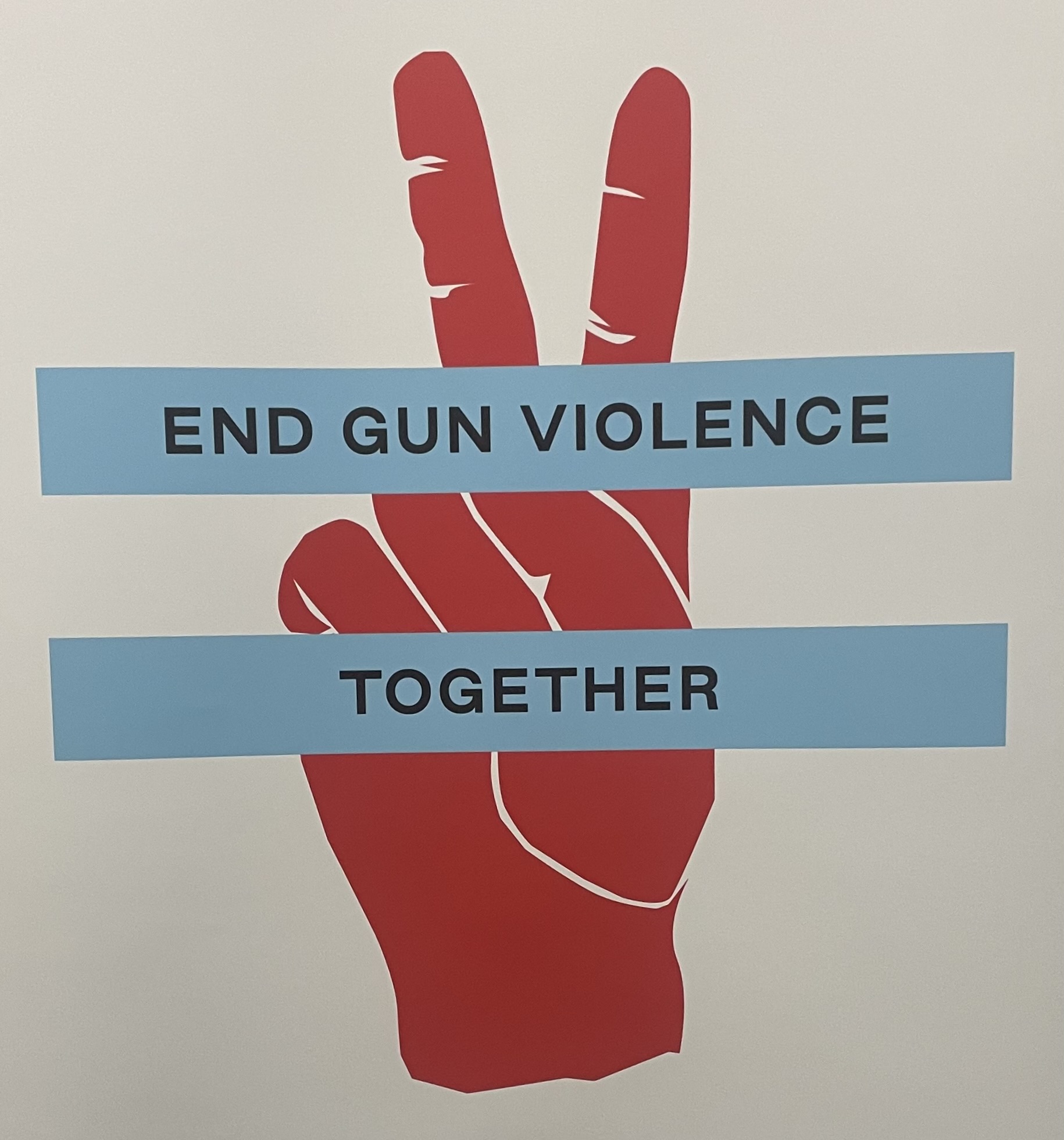
- Details
- By Levi Rickert
Opinion. A week ago on a Thursday evening, Ralph Yarl, a 16-year-old black teenager, was asked by his mother to pick up his 11-year-old twin brothers from their friend’s home in Kansas City. Ralph made an innocent mistake of going to the wrong address.
The mistake almost cost him his life.
He went to the door and rang the doorbell. He was met with a bullet to his head without any conversation other than being told his kind did not belong there. He fell to the ground, and was hit by a second bullet in his arm. Somehow, he made it to a door two houses from where he was shot. The resident there told him to stay on the ground with his hands above his bleeding head, as the occupant called the police.
The shooter was a 84-year-old white man, who told the police he was “scared to death.” So, he shot the 5’8” 140-pound teen.
By all accounts Ralph is an exemplary student who is taking college-accredited courses with hopes of someday attending Princeton. Frankly, does that really matter? If Ralph were a black juvenile delinquent who rang the wrong doorbell, he still should not have been shot.
The story of the shooting made national news. When I first read about it, I was appalled.
Of course, I am constantly dismayed by all of the gun violence in the United States. Breaking news comes to my phone all day; oftentimes I find myself reading about another mass shooting in process. Schools are not safe. Shopping malls are not safe. Even churches and synagogues are not safe from gun violence.
When the shootings occur, politicians are quick to say the victims and families of the victims are in their “thoughts and prayers.” The refrain is worse than a broken record, because absolutely nothing changes.
As Native Americans, we know America was conceived in violence. Our ancestors faced an onslaught of violence from the beginning of European contact. It has been said that the non-Natives came with a Bible in one hand and a gun in the other. If they could not “save” us, they would kill us.
Wars were waged against Native Americans for centuries. The Bureau of Indian Affairs (BIA), now under the U.S. Department of the Interior, originated in the War Department, the forerunner to the U.S. Department of Defense, in 1824. Given its origin, it is clear the War Department’s BIA was not created to help Native tribes to become prosperous.
Throughout the 1800s, our ancestors faced massacres filled with violence. As Native Americans we remember the gun violence of Wounded Knee in 1890 and the Sand Creek Massacre where hundreds of men, women, and children were massacred. Those are only two of the acknowledged massacres.
We know that violence is not only perpetrated against Native Americans. American society is so obsessed with guns, it bleeds over to innocent segments of society often.
A new KFF-Washington Post partnership survey released earlier this month says “about one in five adults saying that they have personally been threatened with a gun (21%) or had a family member killed by a gun, including by suicide (19%). One in six say they personally witnessed someone being shot.
The American obsession with guns is literally killing us.
Sadly, guns are still causing the deaths of Native Americans and the trend is worsening. Giffords reported in October 2022, that from “2000 to 2020, the total number of gun deaths among American Indian/Alaska Native (AI/AN) people more than doubled, and from 2019 to 2020 alone, gun deaths in this group rose 34 percent.”
To be clear, I am not a proponent of taking away all guns in American society. Clearly, Native Americans have been hunters since before European contact and have used guns to hunt since they were introduced to our ancestors. However, I am a proponent of establishing gun control with strong background checks so that mentally unstable people and criminals cannot own guns.
Further, I believe Americans need to push back hard on the politics of hate that causes unfounded fear. That was the case of the Kansas City elderly man who shot an innocent teen who was only trying to pick up his twin brothers.
As a Native American man, I can hope that America gets over its obsession with guns.
Thayék gde nwéndëmen - We are all related.
More Stories Like This
The Absence of October's Job Report Shows Why Native American Communities Need Better DataTribal IDs Are Federally Recognized. ICE Agents Are Ignoring Them.
Thanksgiving: Part of "Broken Circle Holiday"
Thanksgiving is a Tradition. It's Also a Lie
Decisions About Us, Without Us: Education Dismantling Ignores Tribal Nations
Help us defend tribal sovereignty.
At Native News Online, our mission is rooted in telling the stories that strengthen sovereignty and uplift Indigenous voices — not just at year’s end, but every single day.
Because of your generosity last year, we were able to keep our reporters on the ground in tribal communities, at national gatherings and in the halls of Congress — covering the issues that matter most to Indian Country: sovereignty, culture, education, health and economic opportunity.
That support sustained us through a tough year in 2025. Now, as we look to the year ahead, we need your help right now to ensure warrior journalism remains strong — reporting that defends tribal sovereignty, amplifies Native truth, and holds power accountable.
 The stakes couldn't be higher. Your support keeps Native voices heard, Native stories told and Native sovereignty defended.
The stakes couldn't be higher. Your support keeps Native voices heard, Native stories told and Native sovereignty defended.
Stand with Warrior Journalism today.
Levi Rickert (Potawatomi), Editor & Publisher

